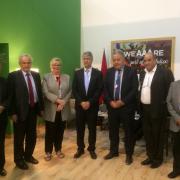
During a meeting with the Secretary General of the Ministry of Agriculture, Prof. Mohammed Sadiki, in the presence of the Director General of the ONSSA (National Office for Health Security of Food Products) and his colleagues, the OIV President and the Director General welcomed the quality of the collaboration between the Moroccan authorities and the Organisation, expressing the desire for this to be continued and further developed. The even greater participation of the Moroccan experts in the work of the OIV, as well as the possibility of organising a presentation of Moroccan wines at the Organisation's headquarters, was discussed in this spirit.
Professor Mohammed Sadiki (in the centre of the group photo) confirmed his country's commitment to the OIV and the Moroccan authorities' desire to strengthen this relationship at a time when Moroccan viticulture is making great efforts to adapt and modernise.
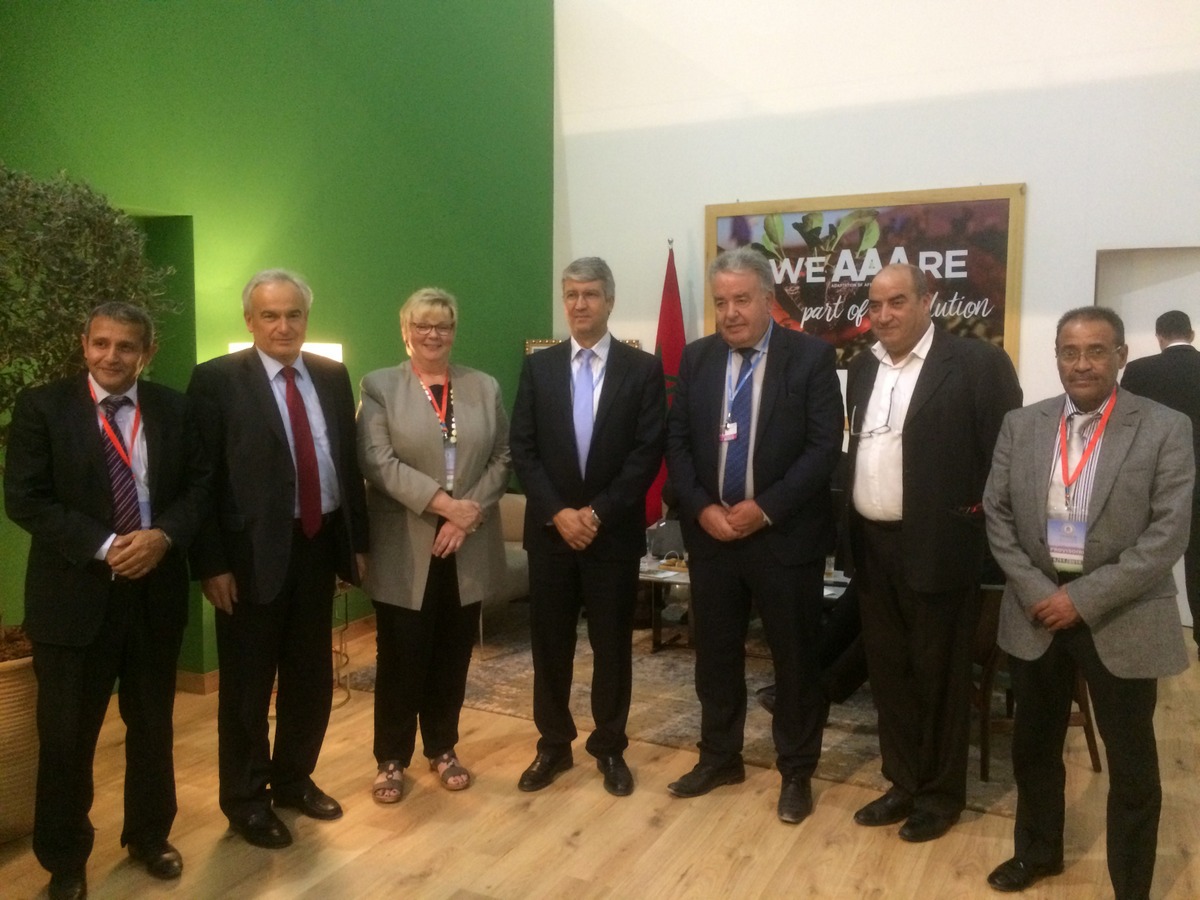
With a surface area of 50 000 ha of vines, Morocco produces over 4 000 000 tons of grapes – 80% of which are destined for direct consumption and 20% for vinification.
Table-grape and dried-grape production is steadily growing, while wine production (350 000 hL/year) has seen a revival thanks to a proactive policy of quality promotion and identification of wines through geographical indications and designations of origin.
With regard to COP22, Monika Christmann and Jean-Marie Aurand participated in the work of the 4 per 1000 initiative, which involves promoting carbon sequestration in the soil through appropriate agronomic practices and thus helping to reduce greenhouse gases.
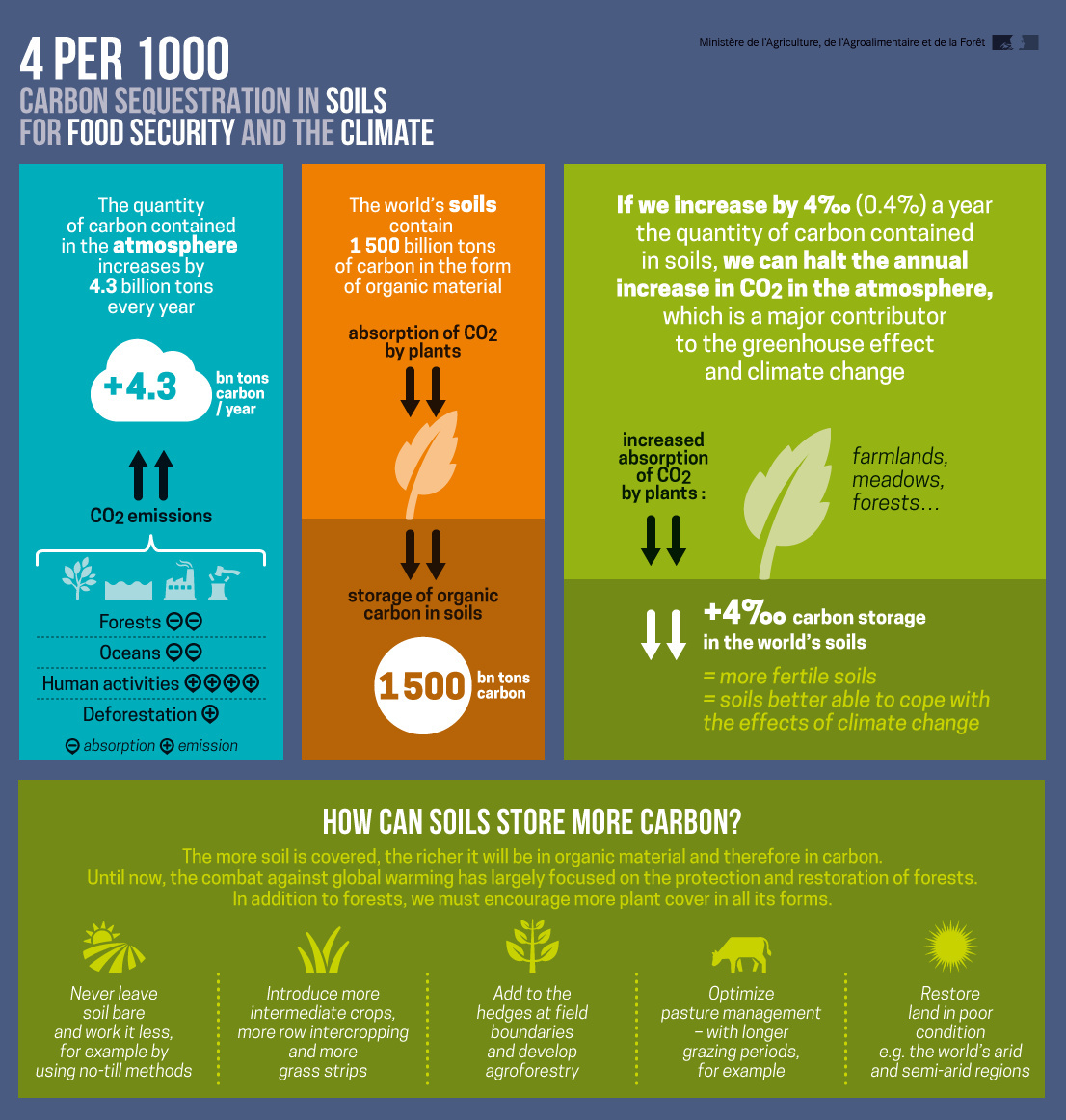
This initiative launched in Paris during COP21 brought together over 170 organisations (states, intergovernmental organisations, research institutes, non-governmental organisations) and the OIV was involved in the project.
During his speech the President highlighted the OIV's interest in the work conducted within this Forum, which fits perfectly with the work areas of the Organisation in terms of climate change and sustainable development.

This professional trade fair brought together more than 225 companies representing over 85% of the global bulk wine trade.
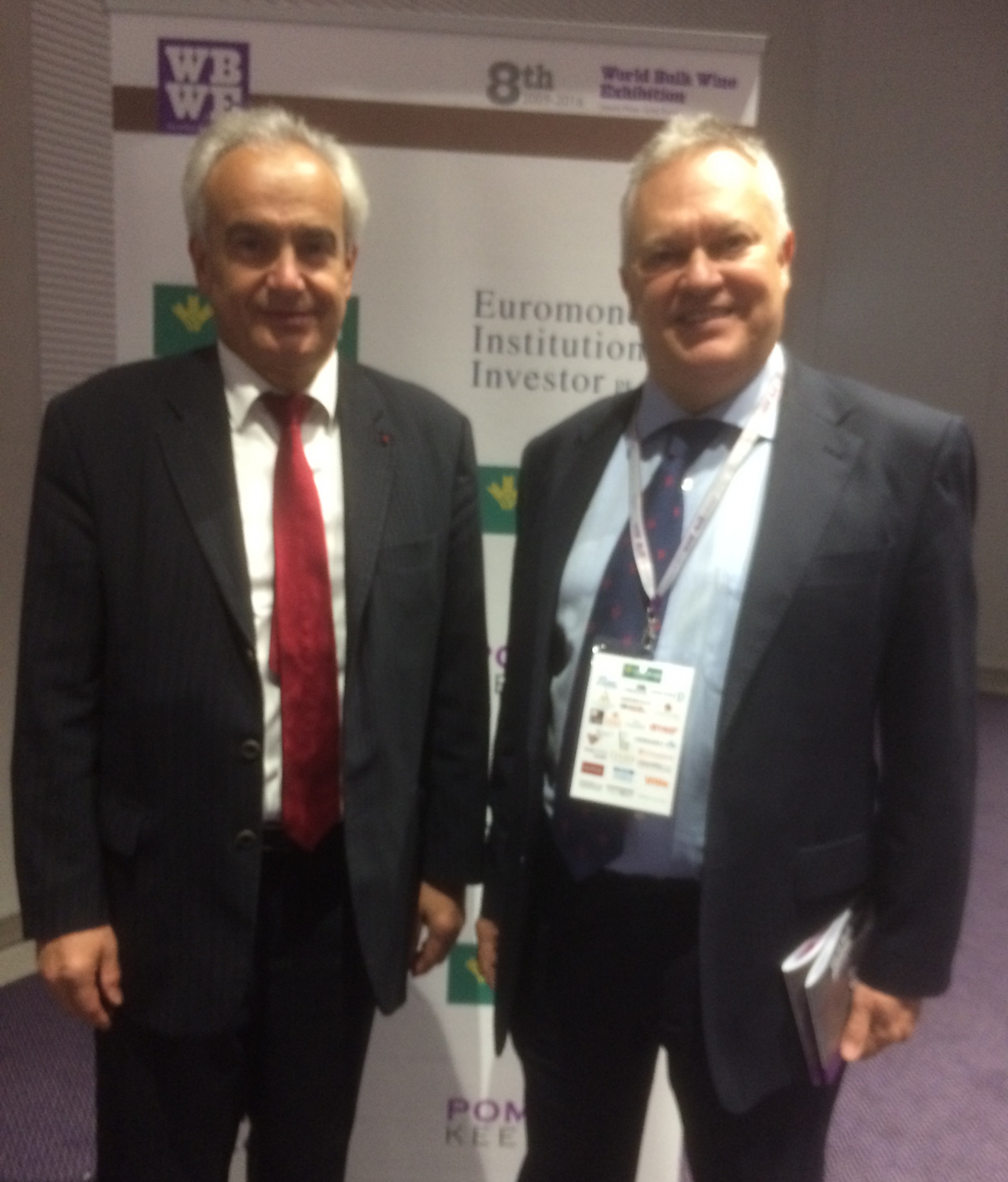
During the programme of conferences organised as part of this exhibition and placed under the patronage of the OIV, Director General Jean-Marie Aurand gave a presentation on the overall state of the wine market, with a particular focus on the bulk wine trade. This sub-sector is steadily developing, with exports rising from 15 million hectolitres in 2000 to 40 million in 2016 – equating to 38% of the total volume of wine exported in the world. Seven countries account for 85% of bulk wine exports: Spain (35%), Italy (12%), Australia (10%), Chile (10%), South Africa (7%), France (6%) and the United States (5%).

The Director General of the OIV, Jean-Marie Aurand, took part in the official opening of this event, whose programme of technical and scientific conferences was placed under the patronage of the OIV.
The trade show brought together 850 exhibitors from 20 different countries and hosted almost 45 000 visitors.
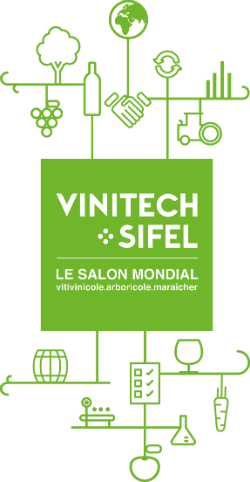
A veritable showcase for materials, equipment and services, Vinitech-Sifel places a strong emphasis on innovation – which is important both to improve the competitiveness of companies in the vitivinicultural sector and to address the major issues for the field in terms of environmental protection and consumer expectations.
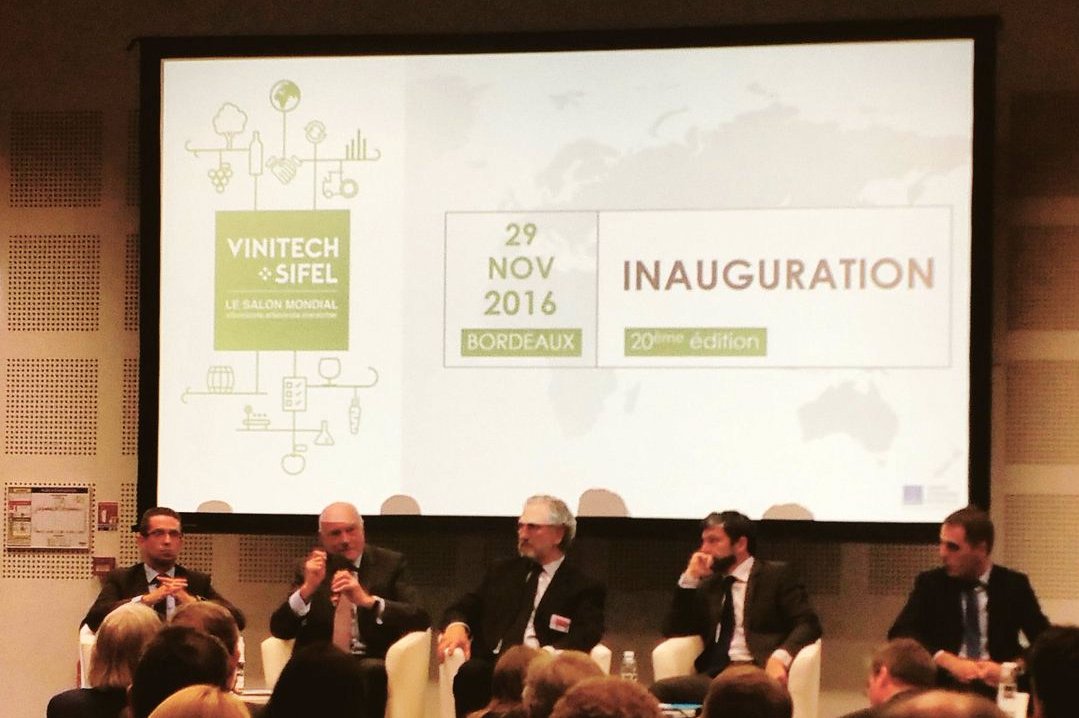

Published in paper format on a continuous tri-monthly basis since 1928, the OIV Bulletin is an essential source of information for all actors in the wine field: a century's worth of knowledge and vitivinicultural regulations in the digital age.
Dating from 1928 to 2014, more than 1000 issues of the Bulletin will be published, within which nearly 300 000 articles published in the international press will be highlighted. These constitute an exceptional library of statistics, regulations, scientific and technical work, and recommendations – a veritable testament to a century of evolution of vitiviniculture, which has become truly global.
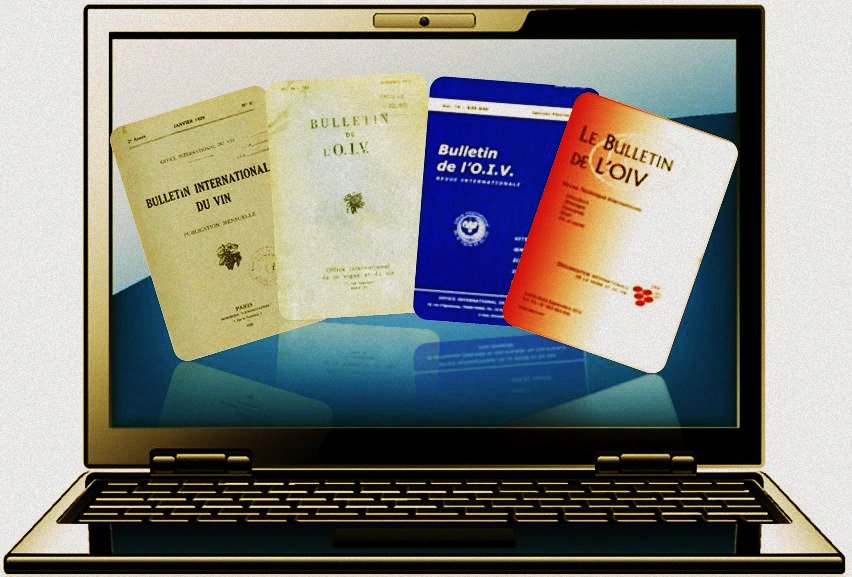
During the presentation event, which was held in Dijon on 29 November 2016, OIV Assistant to the Director General Yann Juban praised the exemplariness of this partnership that allows the world of vine and wine to have digital access to this entire unique collection of the OIV Bulletin. It is all thanks to the initiative of the University of Bourgogne, the expertise of the Maison des Sciences de l’Homme (Human sciences institute for research, MSH) and the support of various partners, including the AIDV.
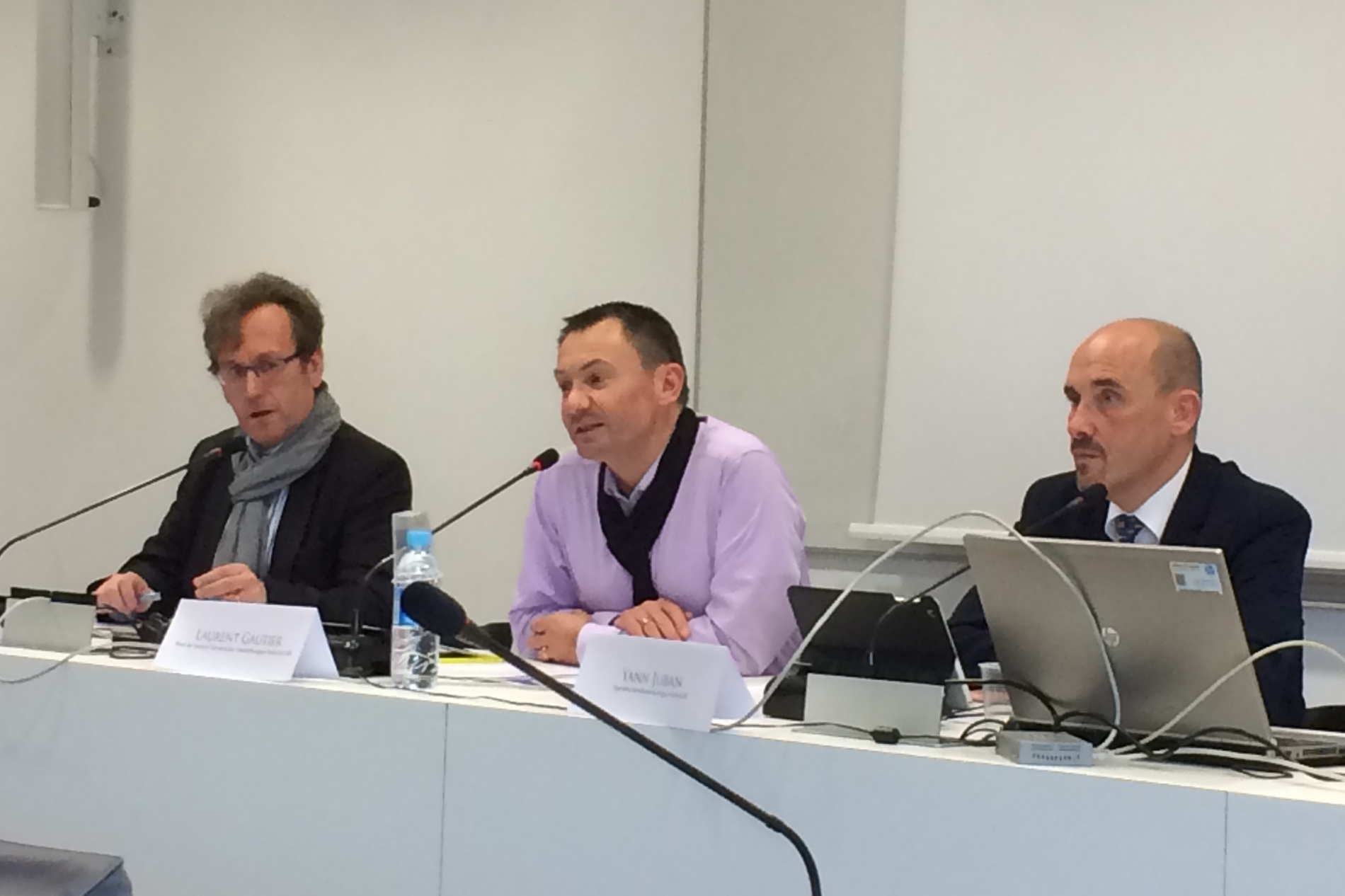
As indicated by one of MSH's Assistant Directors Jean Vigreux, the project – developed by this institute for research following its successful tender for the French Digital Scientific Library (Bibliothèque Scientifique Numérique, BSN) – breathes new life into these bulletins. Not only has it produced a digital version of the often-difficult-to-access paper documents, it also provides powerful research tools that make it possible to selectively search millions of pages representing almost a century of vitivinicultural knowledge and regulations.
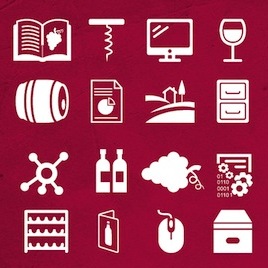
Thanks to the digital tool, doctors, ampelographers, oenologists, legal professionals, economists, historians, geographers, linguists and wine lovers will all find useful resources in this document resource – the first examples of which were presented during this restoration event by Benjamin Bois, President of the OIV "Viticulture" Commission.
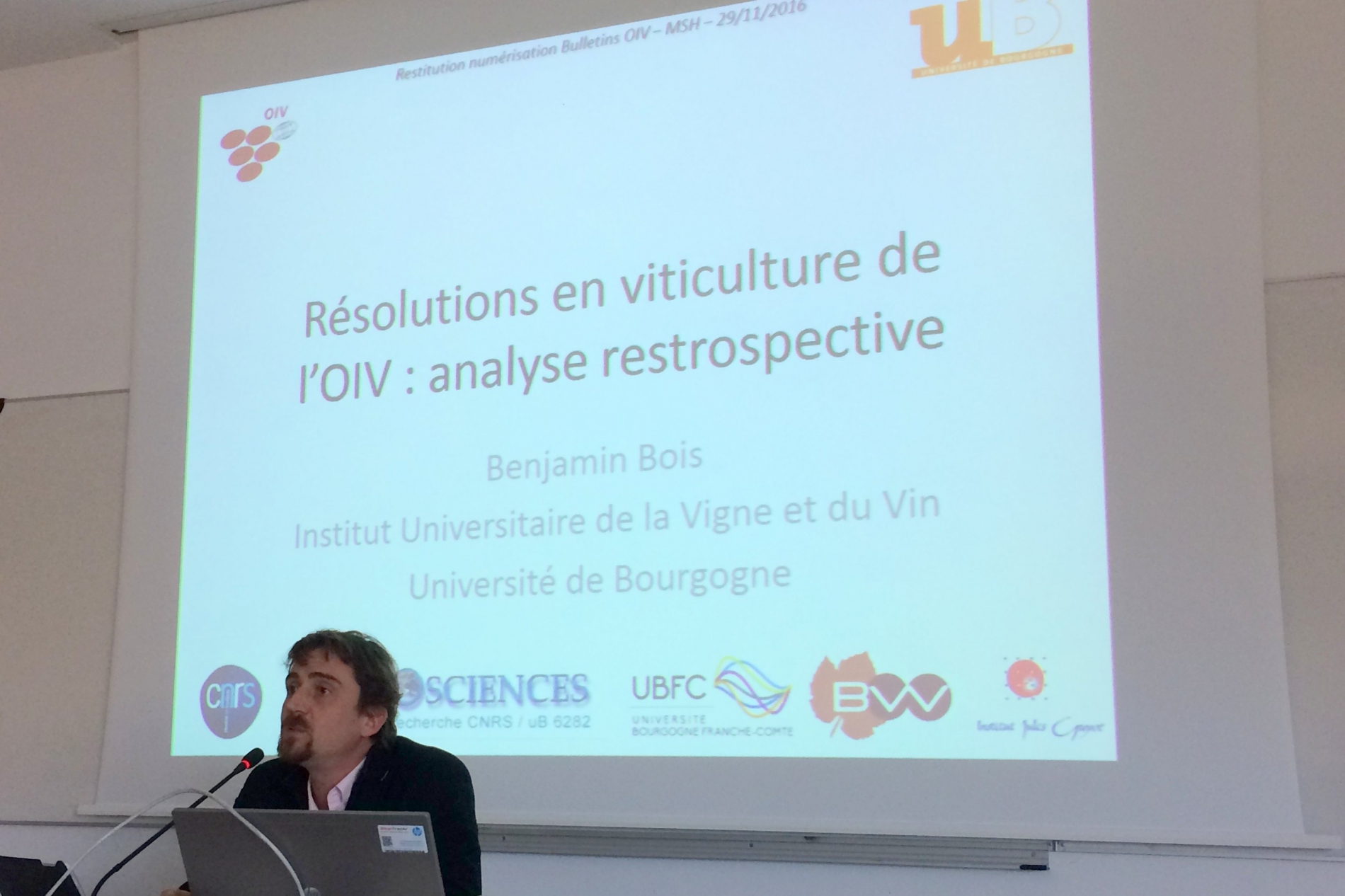
Integrated into the PANDOR portal of MSH Dijon, this multi-disciplinary resource may both be filtered by thematic indexes relating to the field in question (authors, geographical locations, designations, OIV Congresses, etc.) and searched in plain text mode. This also carries this invaluable corpus into the digital humanities and data mining age, as specified by Professor Laurent Gautier, the scientific director of this project, which comprises over 100 000 digital files equating to a total volume of 5 To of data.
This safeguarded heritage is thus available, accessible and usable. Its digitisation meets current demands for knowledge sharing and enhances vine-and-wine knowledge. Very soon the 'paper' collection thus digitised will be supplemented by the latest issues dating from 1999 to 2014.
Today the OIV is pursuing its mission to collect, process and ensure the diffusion of the most relevant information and to communicate it by publishing all scientific communications since 2014 from the World congresses of vine and wine via an online digital publishing platform, as well as still producing online reviews of the international press.
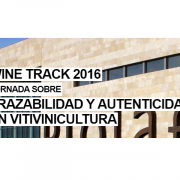
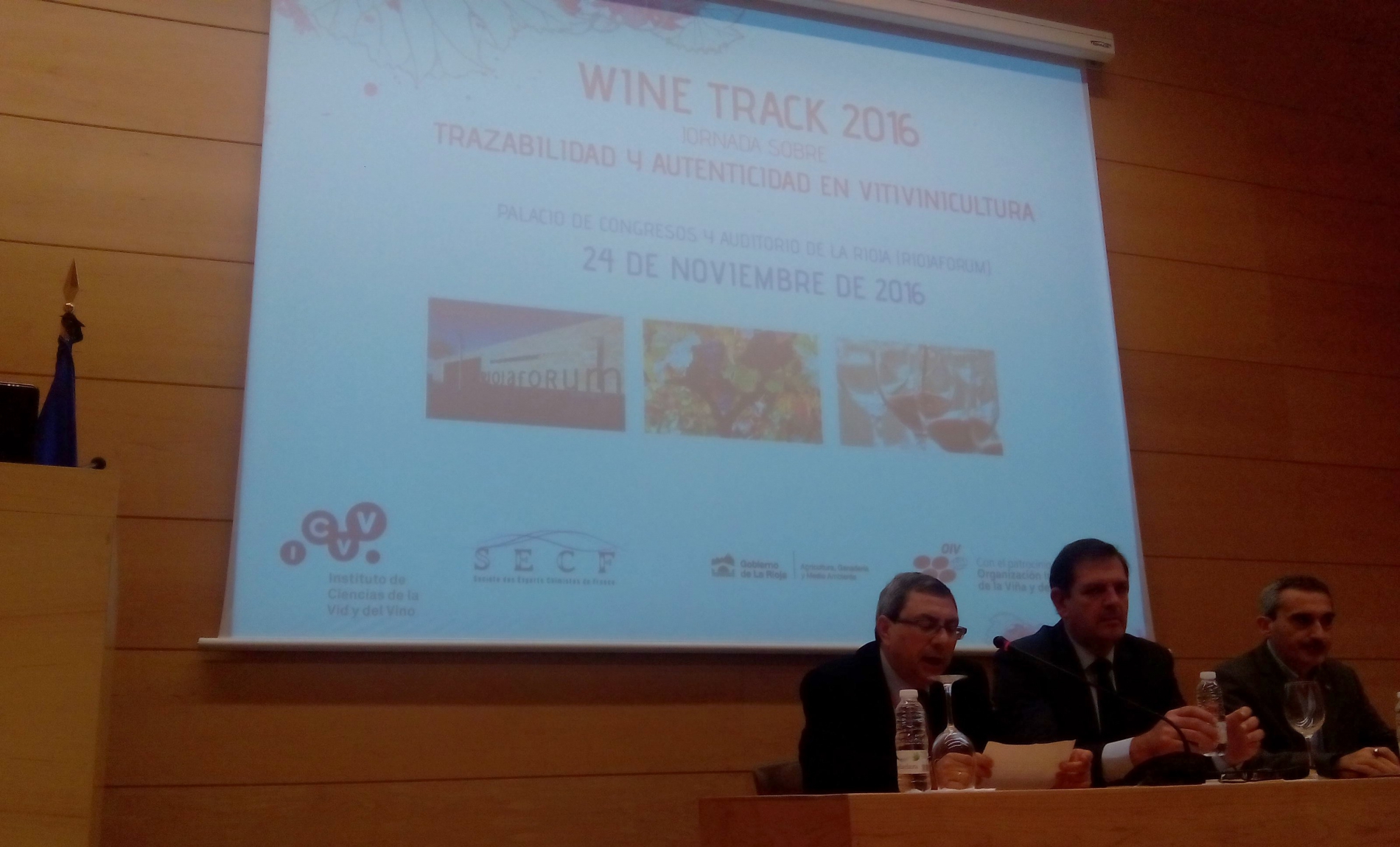
This day was presided over by Iñigo Nagore Ferrer (Minister of Agriculture, Food and Environment for La Rioja), Jean-Pierre Dal Pont (President of the French Society of Chemical Experts; SECF), Julio Rubio García (President of the University of La Rioja) and José Miguel Martínez Zapater (Director of the Institute of Grapevine and Wine Sciences; ICVV). Additionally, researchers from various research centres and universities, as well as representatives from the Ministry for Agriculture, Fishing, Food and Environment (MAGRAMA), the Spanish Wine Federation (FEV), wineries and professionals in the vitivinicultural sector and in traceability, as well as students, were among the 200 or so people who took part.